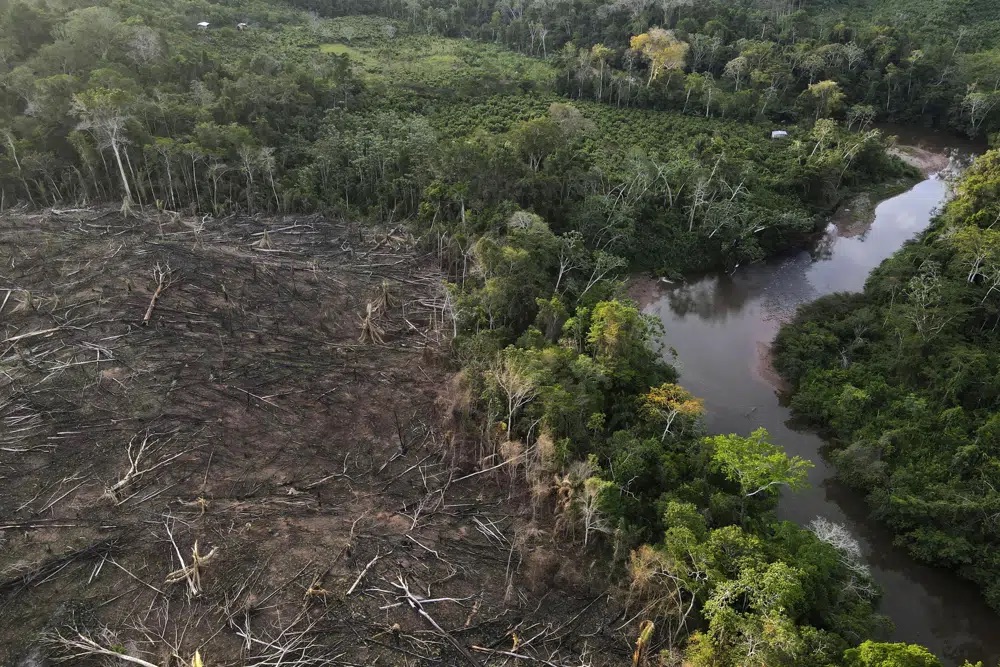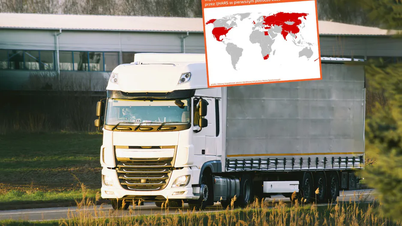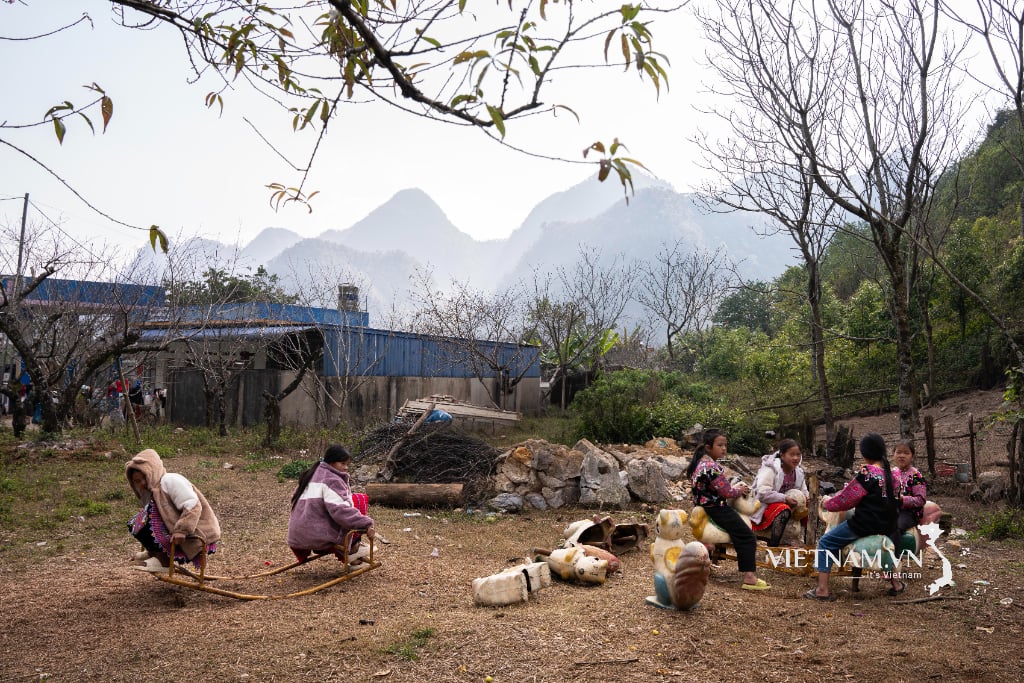Under the law, companies trading in palm oil, cattle, timber, coffee, cocoa, rubber and soy will need to be sure that the goods they sell in the EU do not contribute to deforestation and forest degradation anywhere in the world from 2021.

Trees are cleared near the border of the Cordillera Azul National Park in the Peruvian Amazon. Photo: AP
Forests are an important natural means of removing greenhouse gases from the atmosphere, as plants absorb carbon dioxide (CO2) as they grow.
According to the World Resources Institute, an area of forest the size of 10 football pitches disappears around the world every minute, and the EU says that without new regulations, this area alone could lose 248,000 hectares to deforestation each year – an area almost as large as Luxembourg.
“If effectively enforced, this law could significantly reduce greenhouse gas emissions from deforestation of tropical forests for food and other commodities. And it could help protect important biodiversity and water resources in tropical rainforests,” said Stientje van Veldhoven, regional director for Europe at the World Resources Institute.
The law would force companies to demonstrate that the goods they import comply with rules in the country of origin, including human rights and protection of indigenous people.
Van Veldhoven added that the EU should now work with producing countries to ensure they can adapt to the new law without harming their economies and people's livelihoods.
“This will require measures to encourage vulnerable groups such as smallholder farmers to move to deforestation-free practices, ensuring they are not left behind in this transition,” she said.
Forests around the world are increasingly threatened by deforestation for timber and agriculture , including soybean and palm oil. The United Nations Food and Agriculture Organization estimates that 420 million hectares of forest – an area larger than the European Union – were destroyed between 1990 and 2020.
Mai Anh (according to AP)
Source
























![[Photo] National Assembly Chairman attends the seminar "Building and operating an international financial center and recommendations for Vietnam"](https://vphoto.vietnam.vn/thumb/1200x675/vietnam/resource/IMAGE/2025/7/28/76393436936e457db31ec84433289f72)











































































Comment (0)